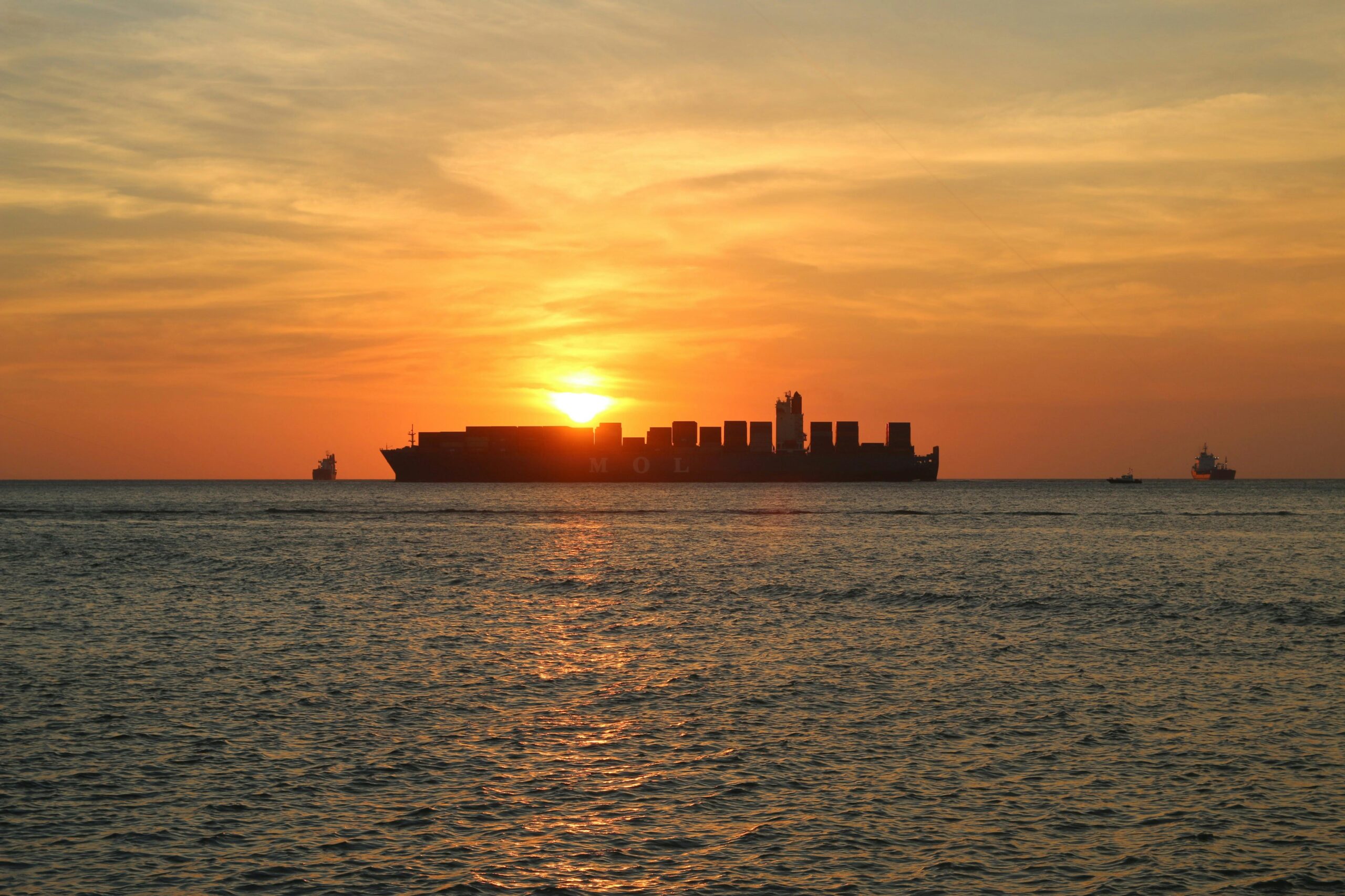What happened at the Port of Long Beach — and why it matters for importers?
In September, 67 containers toppled from a cargo vessel at the Port of Long Beach, sending dozens into the water and leaving others damaged on the dock. The incident, reported by Seatrade Maritime and other outlets, caused major cargo losses and a flood of insurance claims.
For many importers, it was a harsh reminder: even when shipments are booked with reputable carriers, the cargo’s safety isn’t guaranteed once it’s on the ocean.
Q: Why is marine cargo insurance more critical now than ever?
A: Because ocean freight risks — weather, vessel incidents, handling damage, and port congestion — are rising, and standard carrier liability covers only a fraction of your shipment’s value. Marine cargo insurance provides financial protection and peace of mind when the unexpected happens, ensuring importers recover faster and stay operational.
Key Insights
- The September Port of Long Beach disaster exposed how limited carrier liability can be.
- Marine cargo insurance covers loss, theft, and damage beyond carrier coverage.
- Freight insurance gives importers control, not dependency, during claims.
- Dedola helps clients secure the right protection for their shipment profile.
- Incidents like Long Beach aren’t rare—they highlight a permanent risk of global trade.
Why does this matter for importers right now?
Every importer who saw those containers fall into the Pacific likely asked the same question: Would my insurance cover that?
The answer depends on whether you arranged dedicated marine cargo insurance or relied solely on the carrier’s limited liability. Under maritime law, carriers typically owe just $500 per shipping unit—far less than the true value of most containerized goods. That means a shipment worth $75,000 could receive only a small fraction of its value in a claim.
Importers who proactively secure coverage ensure that loss events—like those in Long Beach—don’t turn into financial setbacks or business interruptions.
How does marine cargo insurance protect importers in real terms?
Marine cargo insurance (sometimes called freight insurance) acts as a safety net for physical loss or damage to goods during transit, including ocean, air, and inland transport.
Depending on the coverage type, policies can protect against:
- Accidents such as container loss or water damage
- Theft, pilferage, or handling mishaps
- General Average (when all cargo owners share a vessel’s loss costs)
At Dedola, we help clients align policy terms with shipment value and risk type. Our goal isn’t to “upsell insurance”—it’s to ensure every importer understands how coverage works operationally: what triggers claims, how payouts are calculated, and when exclusions apply.
That clarity is what keeps businesses resilient when incidents strike.
What steps can importers take to strengthen protection now?
- Review your existing coverage.
Confirm whether you have a current marine cargo policy and if it’s shipment-based or annual. - Understand exclusions.
Know which causes (like inadequate packaging or inherent vice) may not be covered. - Work with your freight forwarder.
A logistics partner like Dedola can help clients evaluate options and obtain tailored coverage that fits their shipping volume, product type, and destination mix.
Learn more about how marine cargo insurance fits into your overall logistics plan in our article, Marine Insurance and Why Your Shipments Need It.
What else should importers know about working with Dedola?
We’ve guided U.S. importers through unpredictable trade environments since 1976. Our focus has always been on reliability, not cheap freight. From customs clearance to specialized cargo handling and marine insurance, Dedola provides services designed to protect your supply chain.
Explore more at Dedola Services.
Key Takeaways
- Incidents happen. The Long Beach disaster proved even modern ports face unpredictable cargo losses.
- Carrier liability is limited. Without separate insurance, importers risk major unrecovered losses.
- Marine cargo insurance fills the gap. It provides the financial resilience your business needs to recover fast.
- Dedola can help. Our team assists importers in choosing coverage that fits their specific shipping patterns and product value.
FAQ
Q: Isn’t the carrier already responsible for my cargo?
A: Not entirely. Carrier liability is limited by maritime law—typically $500 per unit—unless you have a separate policy.
Q: Does marine cargo insurance cover natural disasters or rough seas?
A: Yes, depending on policy type. All-risk policies typically cover weather, vessel incidents, and more.
Q: Can I add insurance on a per-shipment basis?
A: Absolutely. Dedola offers flexible coverage options for both occasional and frequent importers.

About the Author
Corina Meono
Director of Operations, Dedola Global Logistics
Corina has over 20 years of experience in international freight forwarding and client logistics management. She oversees Dedola’s operational strategy and ensures clients receive the highest level of care—from shipment coordination to claims support and cargo insurance guidance.







